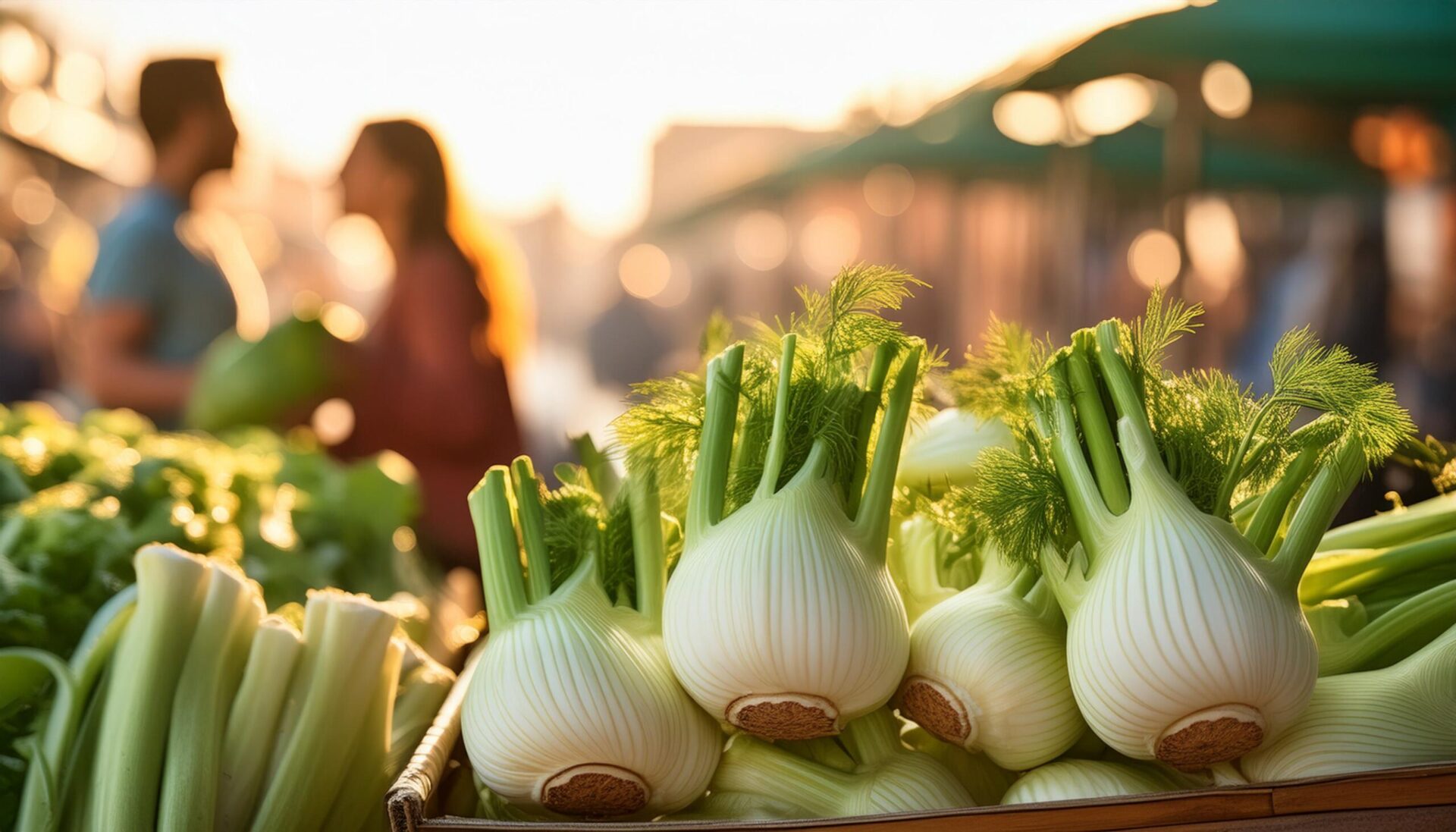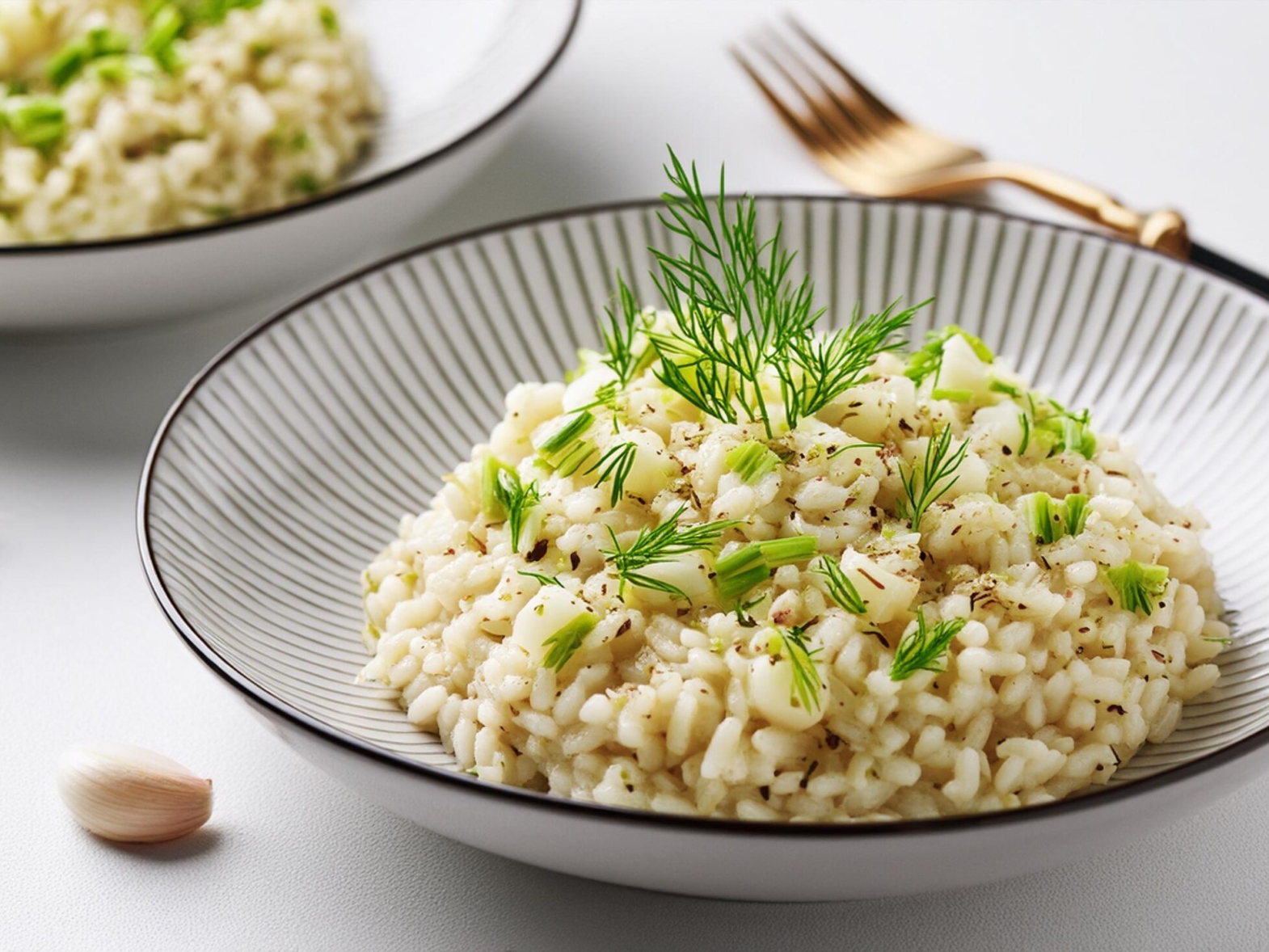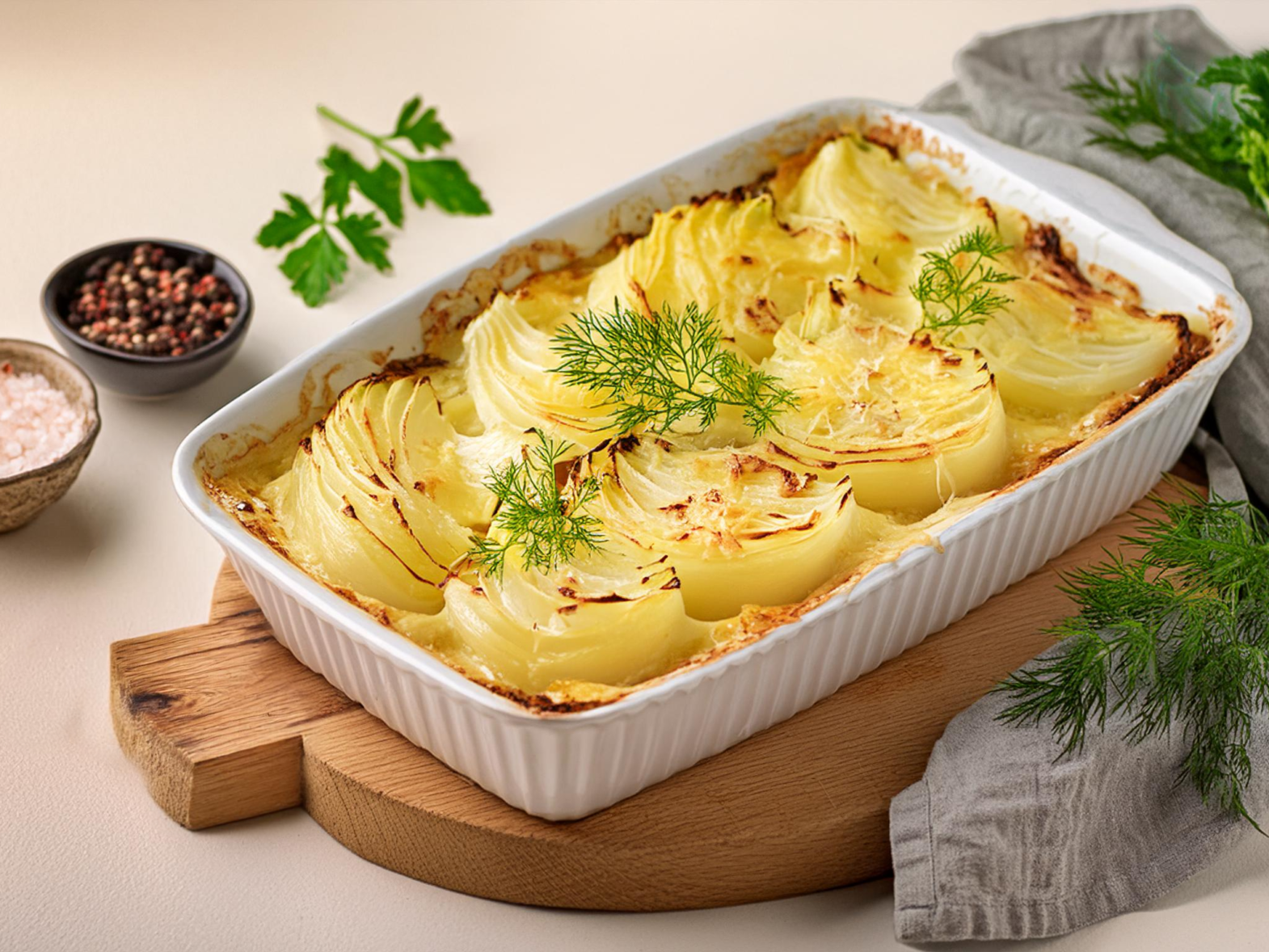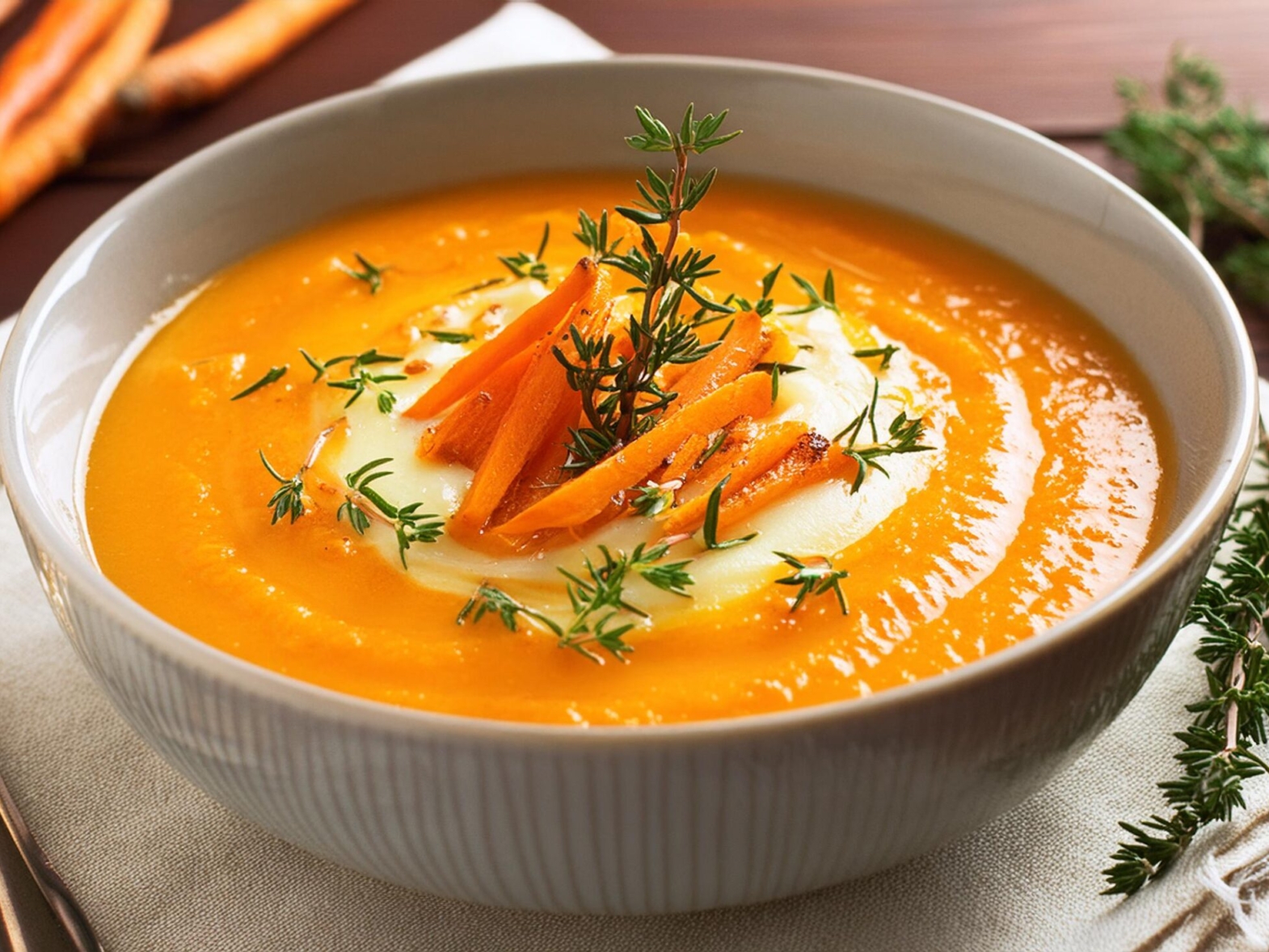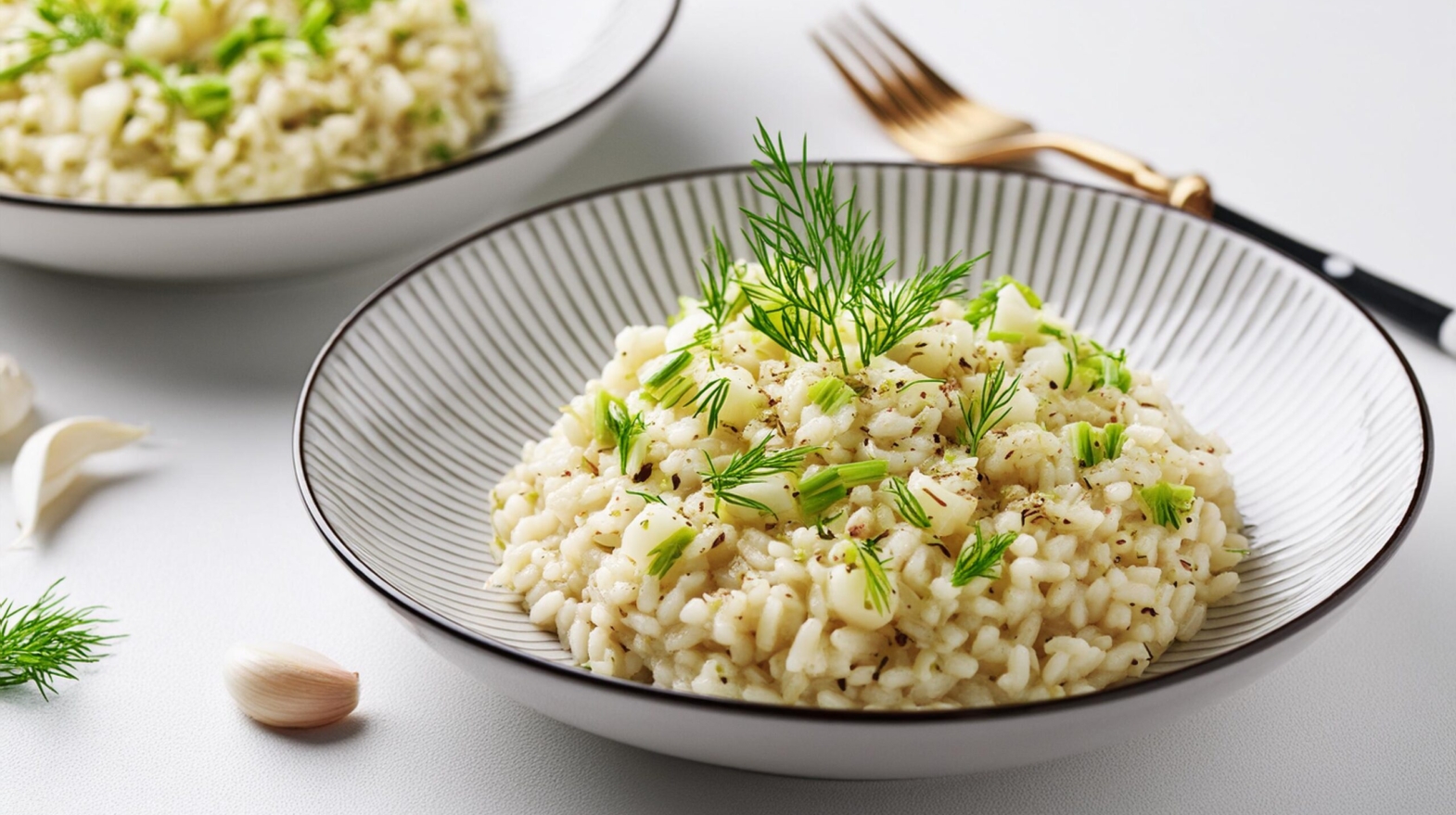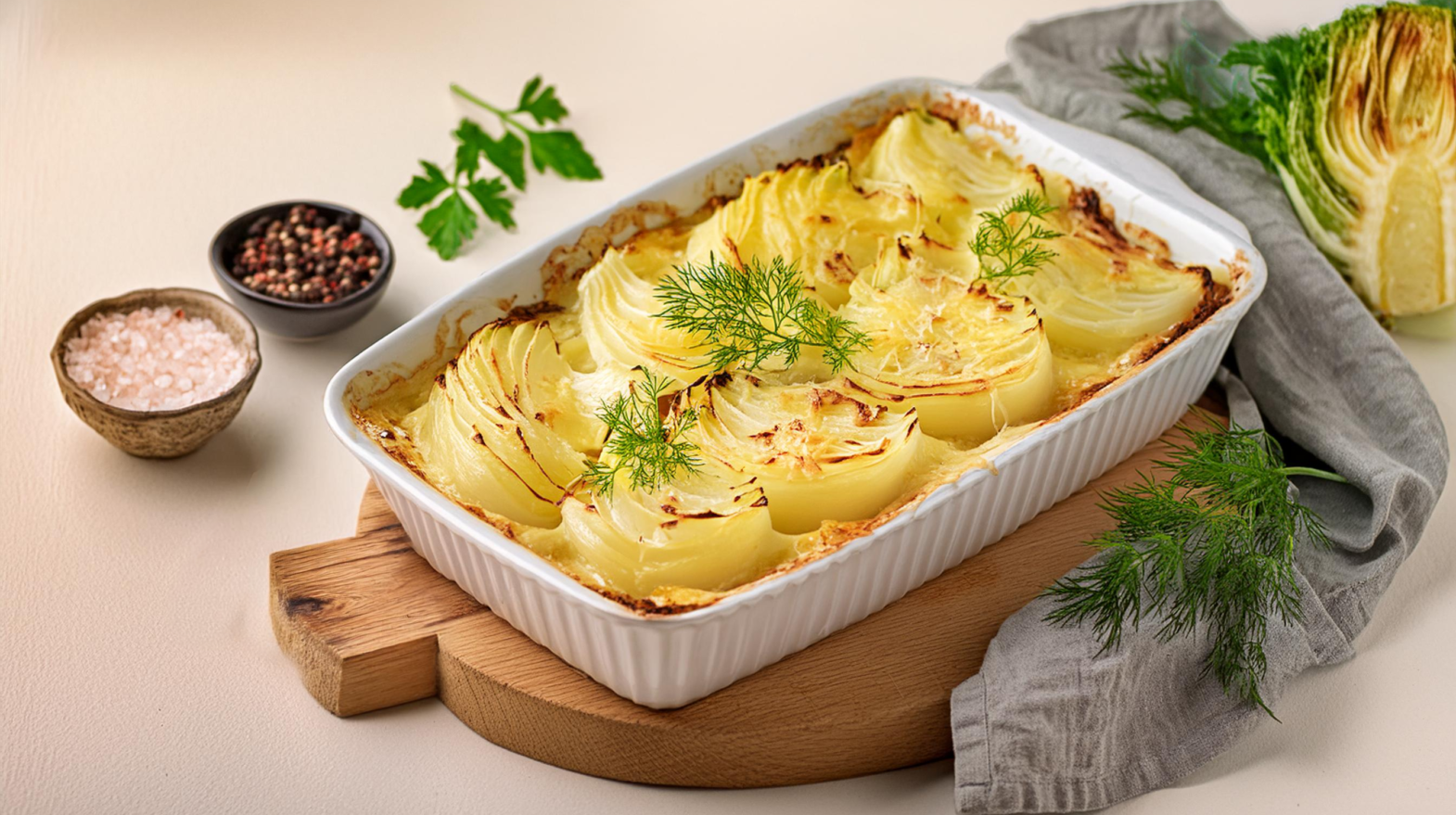The Comprehensive Guide to Fennel: Benefits, Uses, and Recipes
Introduction
Fennel, a versatile herb and vegetable, has been cherished for centuries in both culinary and medicinal practices. Known for its distinct anise-like flavor and numerous health benefits, fennel is a staple in many cuisines and traditional medicine systems around the world. This comprehensive guide will delve into the various aspects of fennel, including its nutritional profile, health benefits, culinary uses, and more.
What is Fennel?
Botanical Description
Fennel (Foeniculum vulgare) is a flowering plant species in the carrot family. It is native to the Mediterranean region but has become widely naturalized in many parts of the world. The plant features feathery leaves and yellow flowers, with a bulbous base that is often used as a vegetable. The seeds of the fennel plant are also commonly used as a spice.
Historical Background and Cultural Significance
Historically, fennel has been a significant plant in various cultures. In ancient Greece, it was associated with the god Dionysus and was believed to symbolize courage and strength. Romans used fennel for its medicinal properties and as a culinary herb. Over the centuries, fennel spread across Europe, Asia, and eventually to the Americas, becoming an integral part of many culinary traditions.
Nutritional Profile of Fennel
Vitamins and Minerals
Fennel is a rich source of vitamins and minerals. It contains high levels of vitamin C, which is essential for immune function and skin health. Fennel also provides significant amounts of potassium, which is vital for heart health, and fiber, which aids in digestion. Additionally, fennel contains folate, vitamin B6, and manganese, contributing to overall well-being.
Caloric Content and Macronutrient Breakdown
A 100-gram serving of raw fennel bulb contains approximately 31 calories, making it a low-calorie food. This serving size also provides 1.2 grams of protein, 0.2 grams of fat, and 7.3 grams of carbohydrates, including 3.1 grams of dietary fiber. These macronutrients make fennel a nutritious addition to a balanced diet.
Health Benefits of Fennel
Digestive Health
Fennel is well-known for its positive effects on digestive health. The dietary fiber in fennel aids in preventing constipation and promotes regular bowel movements. Fennel seeds are often used to relieve bloating and gas, as they help relax the gastrointestinal muscles and facilitate digestion.
Anti-inflammatory Properties
The antioxidants found in fennel, such as quercetin and anethole, possess anti-inflammatory properties. These compounds help reduce inflammation in the body, which can lower the risk of chronic diseases like heart disease and arthritis.
Antioxidant Benefits
Fennel is packed with antioxidants that protect the body from oxidative stress and free radical damage. These antioxidants, including vitamin C and flavonoids, contribute to overall health and may reduce the risk of certain cancers.
Hormonal Balance
Fennel contains phytoestrogens, which are plant-based compounds that mimic estrogen in the body. These phytoestrogens can help balance hormones, particularly in women experiencing menopause, reducing symptoms such as hot flashes and mood swings.
Weight Management
Due to its low calorie and high fiber content, fennel can be a helpful addition to a weight management plan. The fiber in fennel promotes feelings of fullness and reduces overall calorie intake, supporting weight loss efforts.
Culinary Uses of Fennel
Different Parts of the Fennel Plant Used in Cooking
Fennel is a versatile plant with various parts used in cooking. The bulb is often eaten raw in salads or cooked in dishes for its mild, sweet flavor. Fennel fronds, which resemble dill, are used as an herb to add a fresh, aromatic taste to dishes. Fennel seeds are used as a spice, particularly in Italian sausages, Indian curries, and baked goods.
Popular Fennel Dishes from Various Cuisines
Fennel is a popular ingredient in many global cuisines. In Italian cooking, it is commonly used in salads like "Insalata di Finocchi" and in roasted vegetable dishes. Indian cuisine features fennel seeds in spice blends like "Panch Phoron" and "Garam Masala." In French cuisine, fennel is often paired with fish in dishes such as "Bouillabaisse." The versatility of fennel makes it a favorite among chefs worldwide.
Fennel Recipes
Fennel Salad
Ingredients:
- 1 fennel bulb, thinly sliced
- 1 apple, thinly sliced
- 1/4 cup olive oil
- 2 tablespoons lemon juice
- Salt and pepper to taste
Instructions:
- Combine the fennel and apple slices in a large bowl.
- In a small bowl, whisk together olive oil, lemon juice, salt, and pepper.
- Pour the dressing over the fennel and apple mixture and toss to coat.
- Serve immediately or refrigerate until ready to eat.
Roasted Fennel
Ingredients:
- 2 fennel bulbs, cut into wedges
- 2 tablespoons olive oil
- Salt and pepper to taste
- 1 teaspoon fennel seeds
Instructions:
- Preheat the oven to 400°F (200°C).
- Place fennel wedges on a baking sheet and drizzle with olive oil.
- Season with salt, pepper, and fennel seeds.
- Roast in the oven for 25-30 minutes, or until fennel is tender and golden brown.
- Serve warm as a side dish.
Fennel Tea
Ingredients:
- 1 teaspoon fennel seeds
- 1 cup boiling water
- Honey to taste (optional)
Instructions:
- Crush the fennel seeds slightly to release their oils.
- Place the seeds in a cup and pour boiling water over them.
- Let steep for 5-10 minutes, then strain the seeds.
- Add honey if desired and enjoy.
Fennel Soup
Ingredients:
- 2 tablespoons olive oil
- 1 onion, chopped
- 2 fennel bulbs, chopped
- 4 cups vegetable broth
- 1 potato, peeled and chopped
- Salt and pepper to taste
- Fresh fennel fronds for garnish
Instructions:
- Heat olive oil in a large pot over medium heat.
- Add onion and fennel and cook until softened, about 5 minutes.
- Add vegetable broth and potato, and bring to a boil.
- Reduce heat and simmer until vegetables are tender, about 20 minutes.
- Blend the soup until smooth, then season with salt and pepper.
- Garnish with fennel fronds and serve hot.
Growing Fennel at Home
Ideal Growing Conditions
Fennel thrives in well-drained soil with a pH between 6.0 and 7.0. It prefers full sun but can tolerate partial shade. The plant requires moderate watering, ensuring the soil remains moist but not waterlogged. Fennel is best grown in areas with mild climates, as it does not fare well in extreme heat or cold.
Step-by-Step Planting Guide
1. Choose a sunny spot in your garden with well-drained soil.
2. Sow fennel seeds directly into the ground after the last frost, spacing them about 12 inches apart.
3. Cover the seeds lightly with soil and water gently.
4. Thin seedlings to about 18 inches apart once they are a few inches tall.
5. Mulch around the plants to retain moisture and suppress weeds.
Tips for Harvesting and Storing Fennel
Harvest fennel bulbs when they are about the size of a tennis ball, typically 90 days after planting. Cut the bulbs at the base, leaving the roots in the ground for possible regrowth. Fennel seeds can be harvested once they turn brown and start to dry on the plant. Store fennel bulbs in the refrigerator, where they can keep fresh for up to a week. Fennel seeds should be stored in an airtight container in a cool, dry place.
Vegan Fennel and Barley Risotto with Spring Vegetables | Easy, Creamy, and Hearty Recipe
Vegan Fennel and Barley Risotto with Spring Vegetables | Easy, Creamy, and Hearty Recipe This Vegan Fennel and Barley Risotto is packed with fresh Sprin ...
Roasted Fennel with Balsamic Glaze | Elegant and Simple Side Dish Recipe
Roasted Fennel with Balsamic Glaze | Elegant and Simple Side Dish Recipe This Roasted Fennel with Balsamic Glaze is a simple yet elegant dish, featuring ...
Fennel and Potato Gratin with Gruyère Cheese | Creamy and Cheesy Side Dish Recipe
Find the perfect baking dish on Amazon Why We Love This Cheesy, Creamy Delight There’s something magical about the combination of tender pot ...
Roasted Carrot and Fennel Soup | Cozy and Flavorful Vegan Comfort Food
Find this perfect ceramic soup bowl on Amazon When the weather turns chilly, there’s nothing like a bowl of warm, creamy soup to wrap you in comf ...
Buying and Storing Fennel
How to Select Fresh Fennel
When buying fennel, look for bulbs that are firm and white or pale green in color. Avoid bulbs that are brown or have soft spots, as these are signs of spoilage. The fronds should be bright green and fresh-looking, without any wilting. Fennel with a sweet aroma is usually fresher and more flavorful.
Storage Tips to Maintain Freshness
Store fresh fennel in the refrigerator, preferably in the crisper drawer, to maintain its freshness. You can wrap the bulb in a damp paper towel and place it in a plastic bag to help retain moisture. Fresh fennel can last for about a week in the fridge. If you need to store it longer, consider freezing sliced fennel for up to six months. Blanch the slices in boiling water for a few minutes, then transfer them to an ice bath before freezing.
Fennel in Traditional Medicine
Ayurvedic Uses
In Ayurveda, fennel is valued for its digestive benefits and is often used to balance the doshas. It is believed to improve digestion, reduce bloating, and alleviate gas. Fennel seeds are commonly chewed after meals to aid in digestion and freshen breath.
Traditional Chinese Medicine Applications
Traditional Chinese Medicine (TCM) utilizes fennel for its warming properties, making it useful in treating cold-related ailments. Fennel is believed to promote the flow of Qi (energy) and alleviate pain. It is often used in formulas to treat abdominal pain, hernias, and menstrual discomfort.
Folk Remedies
Folk medicine across various cultures uses fennel for its medicinal properties. In Europe, fennel tea is a popular remedy for digestive issues and colic in infants. In the Middle East, fennel seeds are used to relieve respiratory conditions such as coughs and bronchitis. The plant's soothing properties make it a common ingredient in natural remedies.
Fennel Essential Oil
Extraction Process
Fennel essential oil is extracted from the seeds of the fennel plant through a process of steam distillation. The oil is clear to pale yellow and has a sweet, anise-like aroma. It contains several beneficial compounds, including anethole, fenchone, and estragole, which contribute to its therapeutic properties.
Health Benefits and Uses
Fennel essential oil is known for its digestive benefits and is often used to relieve bloating, indigestion, and constipation. It also has antimicrobial properties, making it useful in treating minor cuts and infections. The oil can be used in aromatherapy to promote relaxation and reduce stress. Additionally, fennel oil is sometimes used in skincare for its antioxidant and anti-inflammatory effects.
Safety and Precautions
While fennel essential oil has many benefits, it should be used with caution. It is highly concentrated and should be diluted with a carrier oil before applying to the skin. Some individuals may be allergic to fennel oil, so it is advisable to perform a patch test before use. Pregnant and breastfeeding women should consult a healthcare provider before using fennel essential oil, as its effects on pregnancy and lactation are not well studied.
Potential Side Effects and Precautions
Possible Allergic Reactions
Fennel can cause allergic reactions in some individuals, particularly those with allergies to carrots or celery. Symptoms may include itching, swelling, and difficulty breathing. If you experience any of these symptoms after consuming fennel, seek medical attention immediately.
Interactions with Medications
Fennel may interact with certain medications, including blood thinners and hormone therapies. It is important to consult with a healthcare provider before incorporating fennel into your diet if you are taking any medications. Fennel can also interfere with the absorption of certain drugs, so it should be consumed at a different time than your medication.
Safe Consumption Guidelines
While fennel is generally safe for most people, it is important to consume it in moderation. Excessive consumption of fennel seeds, in particular, can lead to toxicity due to their high concentration of volatile compounds. Stick to recommended dosages and consult with a healthcare provider if you have any concerns about fennel consumption.
Fennel for Pets
Benefits for Dogs and Cats
Fennel can be beneficial for pets, particularly for dogs and cats. It can help with digestive issues such as bloating and gas, and may also freshen their breath. Some pet owners use fennel to help manage weight, as it can promote a feeling of fullness.
Safe Dosage and Preparation Methods
When giving fennel to pets, it is important to use appropriate dosages. A small amount of fennel seed or a few drops of fennel tea added to their food is usually sufficient. Avoid giving pets large quantities of fennel or fennel essential oil, as this can cause adverse effects. Always consult with a veterinarian before introducing fennel to your pet's diet.
Environmental Impact of Fennel Cultivation
Sustainable Farming Practices
Sustainable farming practices are essential for reducing the environmental impact of fennel cultivation. These practices include crop rotation, organic farming, and the use of natural pest control methods. By avoiding chemical fertilizers and pesticides, farmers can promote soil health and reduce pollution.
Environmental Benefits and Concerns
Fennel cultivation can have both positive and negative environmental impacts. On the positive side, fennel is a hardy plant that can grow in a variety of conditions, requiring minimal water and reducing the need for irrigation. However, intensive farming practices can lead to soil degradation and loss of biodiversity. It is important to balance the cultivation of fennel with sustainable practices to minimize its environmental footprint.
Cultural Significance and Symbolism of Fennel
Fennel in Mythology and Folklore
Fennel has a rich history in mythology and folklore. In ancient Greek mythology, fennel was associated with Dionysus, the god of wine and fertility. It was believed to symbolize courage and strength. In medieval Europe, fennel was hung over doorways to ward off evil spirits and witches. The plant's aromatic properties made it a popular choice for protective charms and rituals.
Symbolic Meanings in Different Cultures
Fennel holds various symbolic meanings across different cultures. In Roman culture, fennel was a symbol of longevity and health. It was believed that gladiators consumed fennel to enhance their strength and endurance. In Hindu tradition, fennel seeds are often used in religious ceremonies and are believed to bring good luck. The plant's resilience and versatility have made it a symbol of strength and adaptability in many cultures.
Conclusion
Fennel is a versatile and beneficial plant with a wide range of uses in culinary, medicinal, and cultural contexts. Its nutritional profile makes it a valuable addition to a healthy diet, while its medicinal properties offer various health benefits. From enhancing digestive health to providing antioxidant support, fennel is a powerhouse of nutrients and therapeutic compounds. By incorporating fennel into your daily routine, you can enjoy its numerous benefits and add a touch of its unique flavor to your meals.
Vegan Fennel and Barley Risotto with Spring Vegetables | Easy, Creamy, and Hearty Recipe
Vegan Fennel and Barley Risotto with Spring Vegetables | Easy, Creamy, and Hearty Recipe This Vegan Fennel and Barley Risotto is packed with fresh Sprin ...
Roasted Fennel with Balsamic Glaze | Elegant and Simple Side Dish Recipe
Roasted Fennel with Balsamic Glaze | Elegant and Simple Side Dish Recipe This Roasted Fennel with Balsamic Glaze is a simple yet elegant dish, featuring ...
Fennel and Potato Gratin with Gruyère Cheese | Creamy and Cheesy Side Dish Recipe
Find the perfect baking dish on Amazon Why We Love This Cheesy, Creamy Delight There’s something magical about the combination of tender pot ...
FAQs
What are the main health benefits of fennel?
Fennel offers numerous health benefits, including improved digestion, anti-inflammatory properties, antioxidant protection, hormonal balance, and support for weight management.
How can I use fennel in cooking?
Fennel can be used in various ways, including raw in salads, roasted as a side dish, made into tea, or added to soups and stews. Fennel seeds can be used as a spice in various recipes.
Is fennel safe for everyone to consume?
While fennel is generally safe for most people, those with allergies to carrots or celery should be cautious. It may also interact with certain medications, so it is advisable to consult with a healthcare provider if you have any concerns.
Can I grow fennel at home?
Yes, fennel can be grown at home with the right conditions. It prefers well-drained soil and full sun. Fennel can be grown from seeds and requires regular watering and care to thrive.
How do I store fennel to keep it fresh?
Fresh fennel can be stored in the refrigerator, wrapped in a damp paper towel and placed in a plastic bag. It can last for about a week. For longer storage, fennel can be sliced and frozen after blanching.


